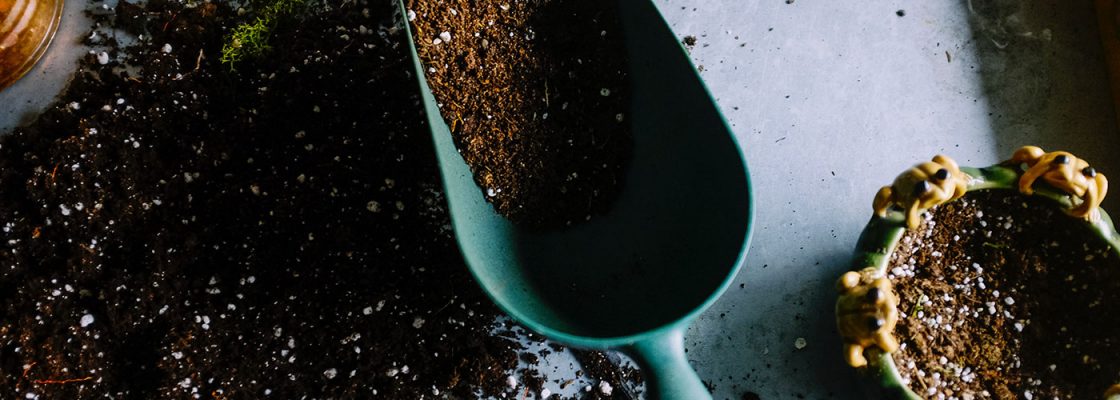I’m the waste management vigilante at work.
It’s not uncommon for me to take a picture of improper items in the garbage, post the pictures on our internal messaging system, demand to know who the culprit is, and sign off with some message along the lines of I’M WATCHING YOU. I’ll take a compostable coffee cup out of the garbage, put a post-it note on it to the likely suspect and leave it on their desk. I designed and ran a 15-minute game at an all-staff meeting called “Whose Bin Is It Anyway?” in which I showed the participants an item and they used their buzzers to chime in what bin they thought it belonged in.

So I was particularly distressed, after a recent CCI conference, to read this participant feedback: “I feel concerned about how much trash waste we produced in these two days. Feels wrong to be working the way we do and ignore basic reducing use.”
I feel you. How can we do the work we do, working to ensure quality care for all, and not be just as tuned into something as basic as waste management? What’s stopping us? Sometimes it’s resources, sometimes it’s education, but a lot of times the issue is just not putting the pieces together.
This is cross-sector collaboration in its most basic form. The issues CCI and our comrades in the non-profit world are working to solve are complex. Improving health for all isn’t the work of a single organization, like CCI, and ensuring responsible waste management isn’t just the work of environmental advocates. None of these problems can be solved individually or in siloed sectors. It requires us to band together, think bigger, and get creative.
I wasn’t born the Compost Queen. In fact, no one is. I’m from New York, so our recycling program is not as robust and awe-inspiring as my current California paradise, but my dad’s fervor made up for any holes in the system. In fact, my dad’s favorite child is his compost. Me and my sister follow in a distant second and third place, respectively. We had a three-stage compost routine — the reused plastic sherbet container thick with compost slime that lived in our sink, until that got full and we dumped it in the larger plastic bucket that lived right outside the door, that eventually got deposited in my dad’s precious pile in the back of the yard. We got regular lectures about proper sorting of recycled goods and nothing irked my dad more than a No. 2 plastic container spotted in the garbage.
I rolled my eyes. I endured the lectures. I thought, man, is this guy overboard or what? Well, turns out that stuff rubs off. Proper waste management is my obsession, especially when it comes to bossing other people around. I don’t consider myself an environmental activist or waste management expert, I just know it hurts my soul when I see a banana peel in the garbage.
Health care has taught us that small differences every day can create a big change. I didn’t expect to go from my dad’s slimy sherbet container to refereeing a staff meeting game about whether or not you can recycle single-serve creamers (you can’t).
So we start with baby steps. We need to figure out what we can and should be doing to support environmental responsibility. We can try educating people at the beginning of a conference about which bin is which. We can make the contentious, but necessary, decision not to buy a Keurig machine for our office. We can help create a culture at work that’s curious and dedicated to trying their best at getting the right bin. We can choose to spend more money on compostable silverware or reusable cups. We can support companies and venues that promote sustainable practices. And finally, we can keep each other accountable and remember that no small act is insignificant in working towards a more sustainable system for all.
Find this useful or interesting? We’re constantly sharing stuff like this. Sign up to receive our newsletter to stay in the loop.

